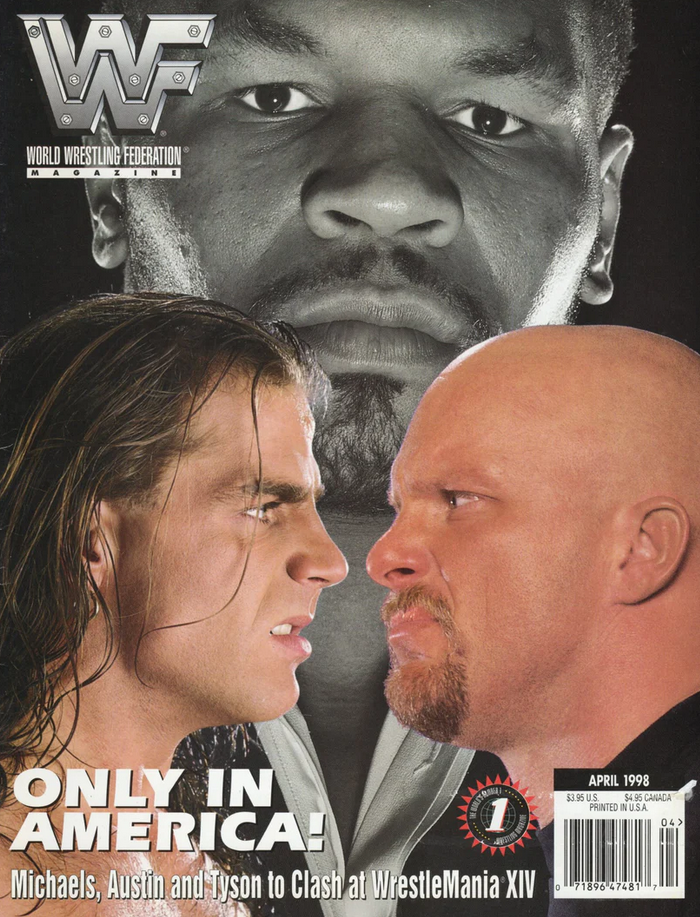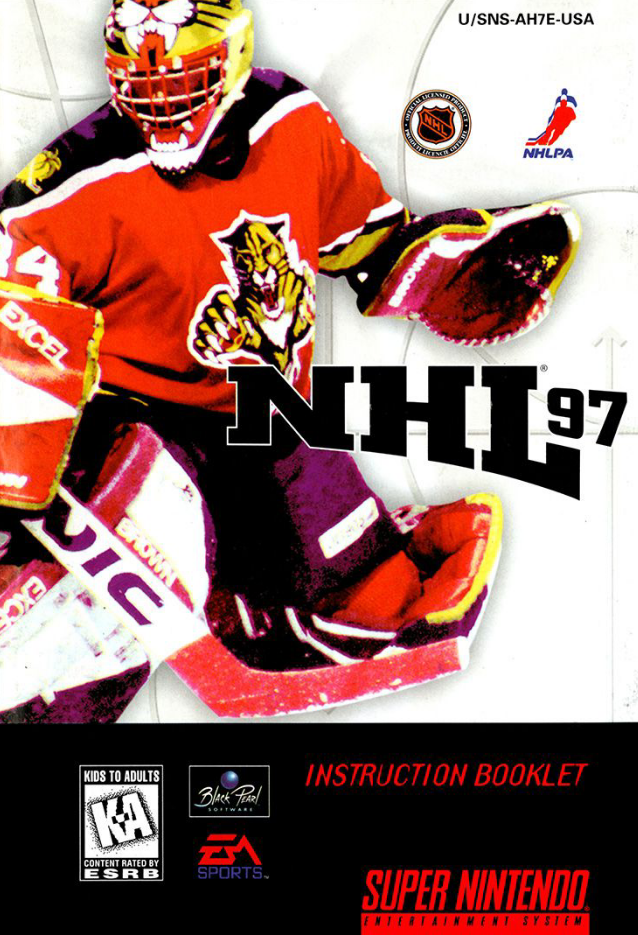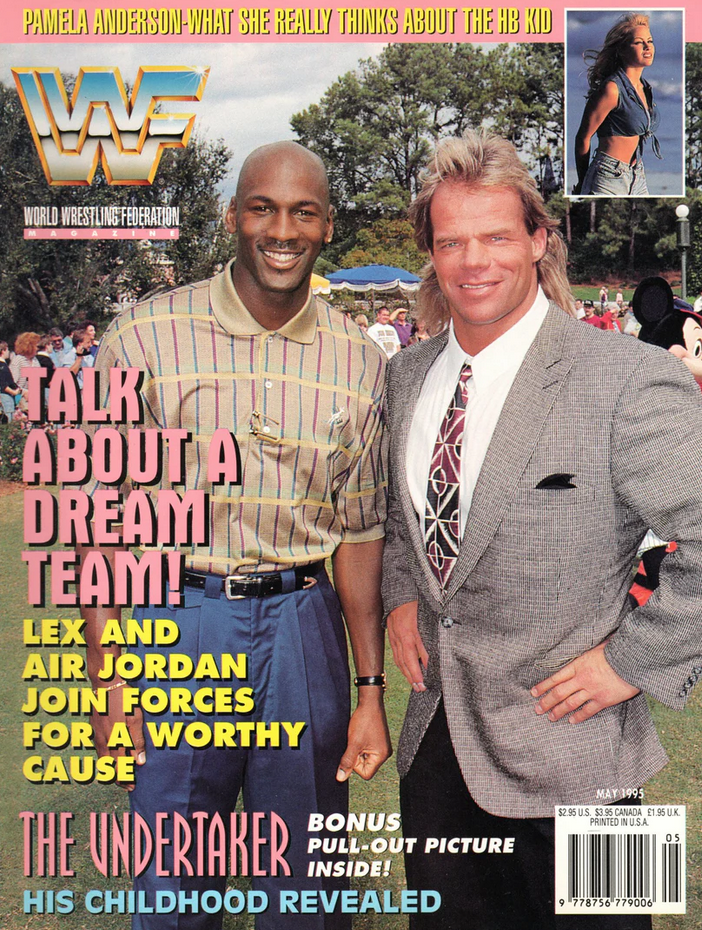There’s been a reckoning of sorts going on within sports media — and more specifically NBA media — over the last couple weeks and months where some media members have been openly questioning their role in the media landscape. This was crystallized by ESPN’s Brian Windhorst in a recent podcast where he basically lamented what the media has done to its own NBA reporting.
The long and short of it is that the media business he grew up around doesn’t really exist in the same way anymore. He came up in a business more centered around newspapers, a world where more people would read, and TV shows like NBA Inside Stuff existed as ways get to know the players and hear their stories. He believes there used to be more time spent on storytelling.
(This story ran as part of our weekly newsletter, Not Just Another Roster Update, that is sent every Friday to our subscribers. You can sign-up for the newsletter here — it’s the only e-mail you’ll get from us.)
That sort of stuff has been replaced in large part by content that he thinks is harming the media now. In an effort to chase every “casual” fan with hot takes, social media clickbait, 5-second highlights, and so on, it’s not the “old media world” anymore. First Take, Stephen A. Smith, and a blitz of social media have replaced a lot of that stuff — or at least redefined what’s important within the media landscape. In the process, you’ve maybe run off some of the hardcore fans while trying to win over new casual fans. The problem is by winning over new people this way, you’re cultivating fans who don’t really care about the sport. They’re not going to watch a whole game and appreciate the beauty of the sport or care about the athletes playing in the games because they’ve been taught that all that matters is watching the 5-second highlights or making sure to be as loud as possible and say things like the Dallas Cowboys will never win another Super Bowl. If you go all-in on “embrace debate” as your main type of programming, then you’re not really going to get people who think of athletes as more than just talking points — they’re not really human beings anymore, they’re signposts.
And, look, everyone takes some blame for it getting to that point. From the media organizations, to the media members, to the fans themselves that choose to consume that content. But when ESPN fires a great reporter and analyst like Zach Lowe — one of the few people who was providing in-depth analysis of the NBA at the company — while having people like Stephen A. Smith and Pat McAfee as a couple of the highest-paid employees, it tells you what ESPN values the most.
That whole mess has tied in with some of the sports video game content I’ve been watching on YouTube the last week or two. Kofie makes a lot of great sports video game content on YouTube (and also works for SB Nation), and he had a recent video talking about History In Sports Video Games. In the video, he talks about things like Pontiac College Classics in old NCAA Football/March Madness games, how classic rosters were handled in some of these older games, and even showcases some dope time capsules from NBA Ballers I had forgotten about.
His video exists to point out how rad it is when sports games include real history in them, and he’s right. And sports games still do that today, whether it’s Storylines in MLB The Show or MyEras in NBA 2K. Point being, watching that video unlocked some memories of mine as I thought about some of those old things like Pontiac College Classics once again.
So these discussions about the NBA media and things like Kofie’s video have mixed together in my brain, and it’s lead me down that familiar path that starts and ends by saying “how things used to be better.” But, to be clear, this isn’t going to be some long, depressing newsletter where I lament the ways of the world and how everything used to be better. Far from it, but I still need to bring you down into Mordor for a moment before we head back to the Shire.
Mad Men is one of my favorite TV shows of all-time, and there’s an episode in Season 1 called “The Wheel” where Don Draper talks about nostalgia while trying to win over a new client. It’s a powerful and amazing scene that I’ll still come back to and watch from time to time, and the point of it is to explain that memories are powerful.
“Nostalgia – its delicate, but potent. Teddy told me that in Greek nostalgia literally means “the pain from an old wound.” It’s a twinge in your heart far more powerful than memory alone. This device isn’t a spaceship, it’s a time machine. It goes backwards and forwards. It takes us to a place where we ache to go again. It’s not called the Wheel, it’s called the Carousel. It let’s us travel the way a child travels — around and around, and back home again, to a place where we know are loved.”
-Don Draper, Mad Men
But memories can also be a lie, or at least we sometimes will tweak our memories just a bit in ways that make us long for something that maybe wasn’t quite as good as we thought. As a little kid, I loved my life. I didn’t have a job, had a lot of friends, played a lot of sports. Whatever money I scrounged up I spent on renting video games or buying basketball cards — and then Beckett magazines to look up if my cards were worth anything. I then spent whatever cash was left on candy and WWF magazines. Being a 10-year-old kid ruled.

Still, would I want to be 10 again right now? Hell no. I like being able to get in my car at 2 a.m. and go buy whatever candy I want. I can also buy WAY more basketball cards today than I could then — I could swim in basketball cards if I wanted to. I’m a pragmatist by nature, and I think that lends itself to my feeling that extremes one way or the other are not usually the way forward. I think there’s usually some middle ground to be found between two poles. On top of that, I’m a bit of a freak who doesn’t have much of an inner monologue. People always get a kick out of me explaining that I really don’t have any voices talking to me in my head, so I have to verbalize a lot of my thoughts, and I absolutely need a list when I’m at the grocery store because I will not remember what I need to buy otherwise. I am basically the epitome of “no thoughts, head empty.” If someone asks me what I’m thinking while I’m quietly sitting there, I will tell them “nothing” — because it’s true. This also means nostalgia doesn’t have that same hold on me, and I’m very much one of those “live in the now” people rather than always living in the past. Still, I am not lacking in powerful memories.
So when I’ve been thinking about the idea of it “used to be better” as it relates to sports video games, I’m not first thinking “man these games used to be better” because I’ve never really felt that way. I go back and play old sports games all the time. My memories are ironclad on that front. However, when I pop in an old sports game and play it, my first thought is not usually “man, just make this game again in 2024 with better graphics.” Instead, it’s usually more me getting bored in 10-20 minutes and wanting to move on to the next game or just go back to playing the new games I have. I still love to go back to classics like NFL Blitz or WWF No Mercy, but that’s only really with friends, and that’s the nostalgia part of it. Doing Stone Cold Stunners or clowning people with Kordell Stewart while talking shit to my friends is really what I’m trying to capture again. If I’m just playing these games by myself, then it all kind of loses its mystique.
Another bit of nostalgia I’ve been tussling with while thinking about “how it used to be better” involves video game instruction manuals. I am very happy on the whole to be “digital only” in my life. I had hundreds of Blu-rays and tons of video games in my house at one point, and I mostly sold them or gave them away over the last couple years. I’ve purchased a select number of Blu-rays since then, and it is important that old video games or any other forms of entertainment are preserved in some fashion, but I also like having less stuff in my house.
But, man, I do miss instruction manuals.

At this very moment, I’m in the backseat of the car popping open that giant black plastic case (I was playing on the Sega Genesis still, obviously) and sliding that hefty instruction manual out of the box. I can feel the weight of that manual for NHL 97 in my hands right now. Page after page of info I don’t need and won’t ever read again, but man, it’s all part of those moments before I get home and scoot out of the car to play my new game. I know some people want all the physical media they can get, and they want all those instruction manuals back, and on some level I do as well — right up until I remember that I don’t really want it to take up my shelf space.
That said, the obvious thing that I do lament and do know is not just nostalgia playing with my mind relates to the sheer number of sports video games we used to be able to play. In 1999, can you guess how many NBA-licensed video games came out? I’ll give you a second (don’t cheat), and in the meantime look at this WWF Magazine cover that shows Michael Jordan with Lex Luger:

(Okay, maybe wrestling was just better in the ‘90s — but fashion definitely was not.)
The answer, at least according to Wikipedia, is nine NBA games were released in 1999. N-I-N-E.
March Madness 2000 also came out to give us our college basketball fix. Here’s the list:
- NBA In The Zone 99 (Konami)
- NBA Showtime: NBA on NBC (Midway)
- NBA Inside Drive 2000 (Microsoft)
- NBA Basketball 2000 (Fox Interactive)
- NBA Courtside 2: Featuring Kobe Bryant (Nintendo)
- NBA Live 2000 (EA)
- NBA 2K (Sega Sports)
- NBA ShootOut 2000 (989 Sports)
- NBA Jam 2000 (Acclaim)
I have no friggin’ idea how many of those games are good, and I say that as someone who played an unhealthy amount of video games in 1999 (I was like 10, so my cheeks were definitely parked in front of the TV when I wasn’t at school or playing sports). I would bet at least half of those games are absolute ass, but I only really remember playing Inside Drive, NBA Courtside, NBA Live, and NBA 2K from that year. Point being, while it’s awesome that there were nine games and choice is a great thing, it’s not really a shocker that within 3-4 years we were already down to about 4-5 NBA-licensed games per year. I think it’s fair to say that even as a hardcore sports gamer, it’s tough to justify all those games coming out each year because there are not enough people to play nine games that cover the same sport.
The counterpoint is to say “well, each one of those series probably had fans” — and that’s true. However, a lot of them probably just didn’t realize they were playing the shitty version of the sport because they couldn’t try out all nine games. If you’re a certain age, you remember begging your parents for that one game or going to Blockbuster and snagging one game for the weekend. You played that game even if it was garbage because it’s all you had. I knew after I rented Superman 64 that it was ass. But I still played it all weekend even though I couldn’t beat the first stage and lied to myself about how it wasn’t so bad because what else were you going to do?
There’s obviously a place to end up somewhere between the two extremes of 1999 and 2024, and we can hope video game publishers find that at some point, but I still can’t imagine playing more than 2-3 NBA games each year — and I love basketball and video games (are you shocked to find those two thing out about me? I would even guess you also like sports video games if you’re reading this!) So while I can daydream about 1999 and all the selections I had at my fingertips, I also don’t even really want that outcome.
Instead, I want that happy medium. It used to be better, yes, but I also don’t want to sift through six mediocre games or have 55-page instruction manuals lining my shelves. I would be happy with just a couple more games and you can still keep all the paper and plastic.








Published: Nov 28, 2024 12:40 pm